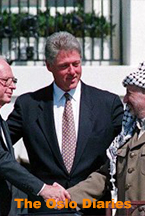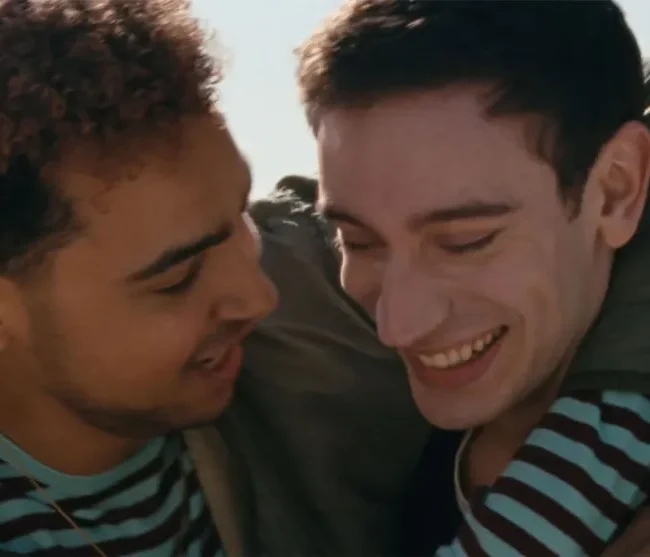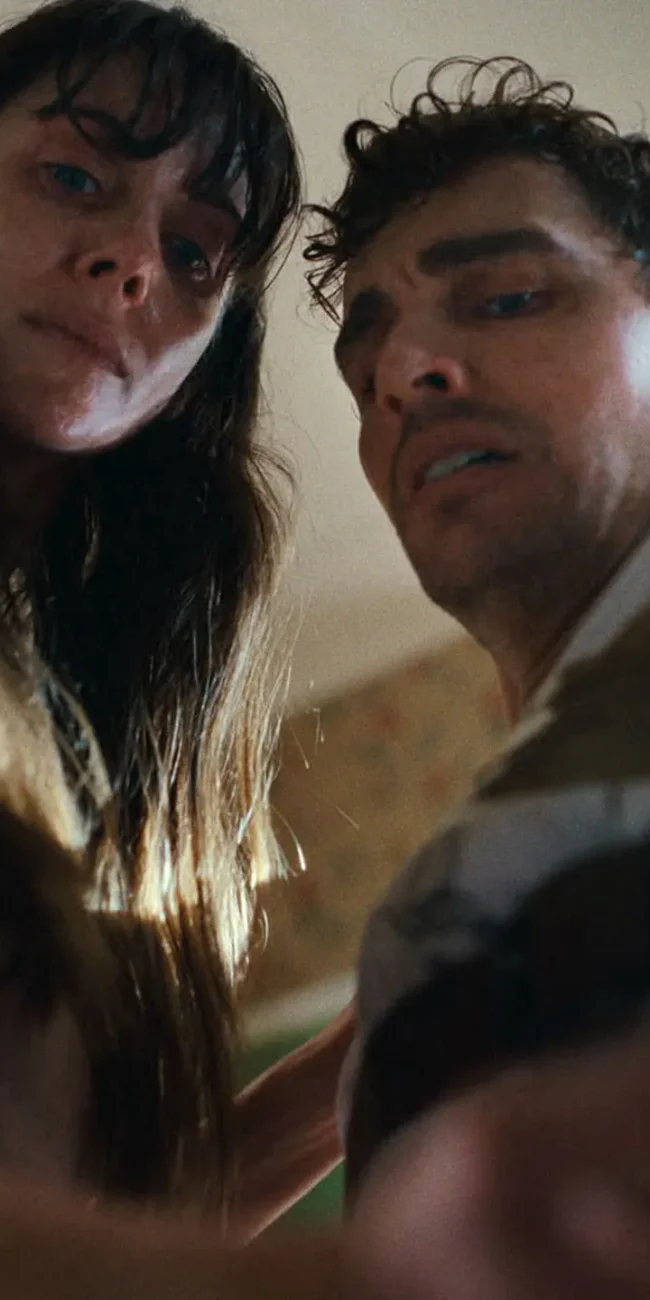THE OSLO DIARIES

(The 2018 Sundance Film Festival ran January 18-28 and Hammer to Nail promises more reviews than any other outlet! Stay tuned for interviews, features and reviews…)
The Israeli politician and military tactician Moshe Dayan once said, “If you want to make peace, you don’t talk to your friends. You talk to your enemies.” This worthy sentiment pervades the entirety of The Oslo Diaries, a vital – if depressing – new documentary from co-directors Mor Loushy (Censored Voices) and Daniel Sivan (The Patriot). In fact, Shimon Peres – also an important figure in Israeli politics – quotes Dayan directly to explain why, in 1992, he (as Foreign Minister) and Yitzhak Rabin (as Prime Minister), decided to negotiate a peace treaty with their mortal enemy Yasser Arafat, then head of the Palestine Liberation Organization (PLO). They believed that it was better to achieve a lasting solution for the future than to dwell on the enmities and sins of the past. They almost succeeded. We know how that turned out.
Loushy and Sivan begin in 1992, during the violent intifada that threatened to derail Rabin’s nascent government. Two Israeli academics, Ron Pundak and Yair Hirschfeld – committed to the cause of peace but unaffiliated with the state – were dispatched to Oslo, Norway, by then Deputy Foreign Minister Yossi Beili, for secret negotiations with members of the PLO, including Arafat confidante Abu Ala (full name Ahmed Ali Mohammed Qurei, though the film only refers to him by the short form). We hear their own words spoken, read from their diaries (whether by the actual people or actors is unclear), and see them in action, Loushy and Sivan drawing from an impressive treasure of archival video footage. We are behind the scenes of history, and it is fascinating. The most severe disagreements focus on the land – who gets to live where – and the status of Jerusalem. It is not an easy conversation.
Soon, word leaks out about the clandestine meetings, and so Rabin has no choice but to send official government representatives. Chief Israeli negotiator Uri Savir faces off against Abu Ala and a new member of the Palestinian team, Nabil Shaath. Their diaries are read, as well. Some of the surviving participants appear in recently filmed talking-head interviews, including Shimon Peres, himself (though he died in 2016, so this was his last interview). There was a notable lack of women in the negotiations (see the recent documentary Naila and the Uprising for a discussion of that particular problem), but Palestinian activist and legislator Hanan Ashrawi still makes her presence felt (even if she was not a fan of the eventual accords, feeling that they gave too much away to Israel). All in all, this is an excellent, powerful close examination of a painful process that led to the 1993 signing of the Oslo Accords and subsequent Oslo II in 1995. Sadly, the assassination of Yitzhak Rabin, on November 4, 1995, derailed everything.
Strong as it is in its entirety, perhaps the most effective part of The Oslo Diaries is how it reveals the forces aligned against the peace process, particularly on the Israeli side, where Benjamin Netanyahu waited – not so much in the wings but out in the open – for more violence to erupt so he could swoop in as savior and take over. Whether or not he actively wished for Rabin’s death or just didn’t see how his followers’ chants for that death created the vitriolic climate that led to it, Netanyahu was very much opposed to any land concessions to the Palestinians, and when he became Prime Minister, in 1996, with 50.4% of the vote (as the film tells us), the peace process effectively died, as well.
Yes, it’s sad. Yes, it should make you angry. A title card at the end of the movie informs the viewer that 16,000 people – Jews and Palestinians – have died since 1996, and the situation in the region today is hardly rosy. Could these deaths have all been avoided? Hard to tell. I am no expert in the politics of the region, but I can tell the difference between those who look for solutions to problems and those who profit from problems. This movie illuminates the choices of both sides, and is clearly in favor of the former. The Oslo Diaries will probably leave you frustrated, but maybe it will give you hope that such a process can begin again. It is a film to be watched and discussed, now and until we achieve real peace.
– Christopher Llewellyn Reed (@ChrisReedFilm)











